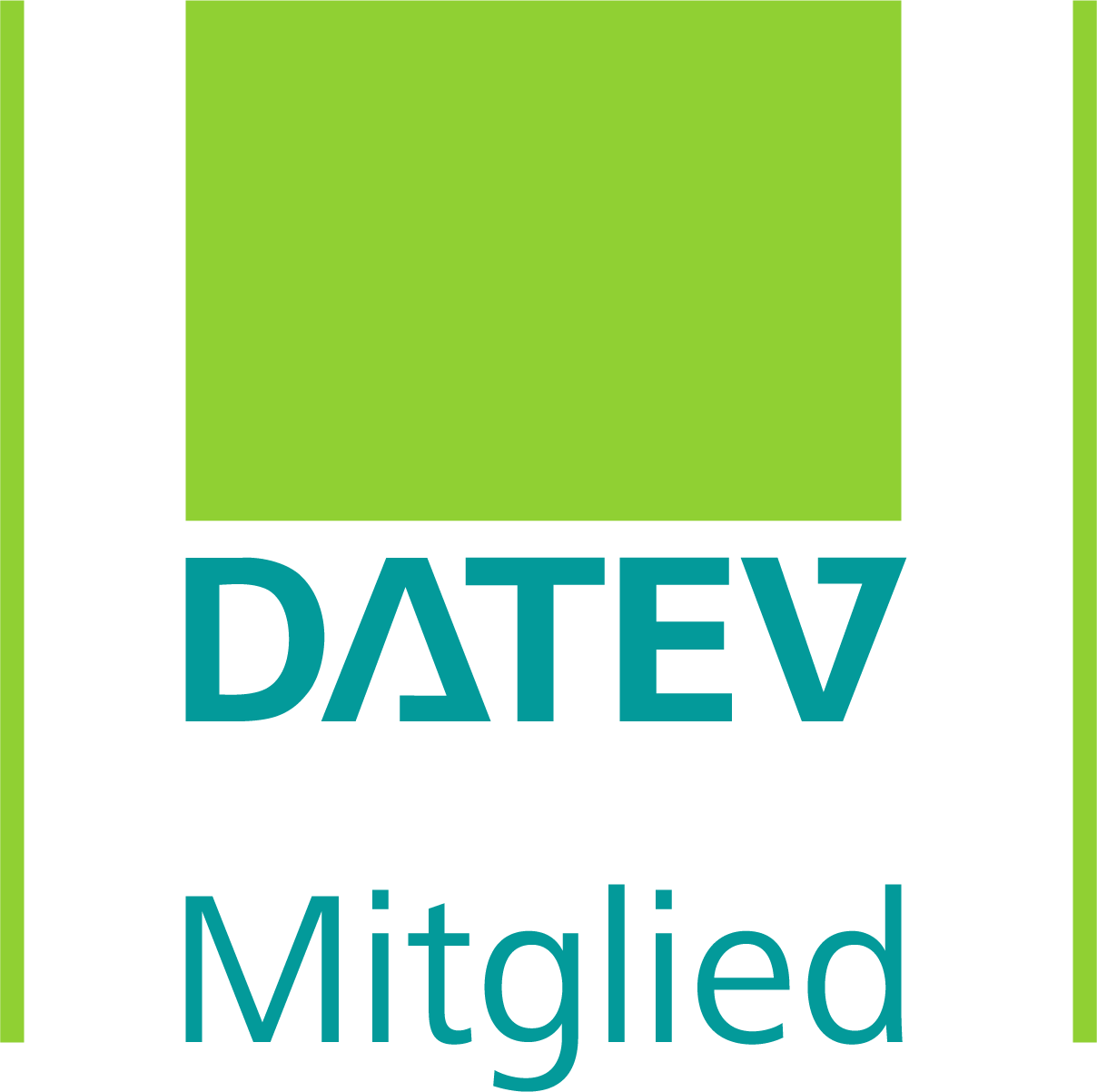Sustainability Audit: Drive Impact, Build Trust
Drive Impact.
Build Trust.
Independent audits that stand up to scrutiny.
Built for teams who must comply or simply want greater credibility.
ESRS
ISSB (IFRS S1/S2)
GHG Protocol
EU Taxonomy
GRI
HGB
IFRS
SBTi
SOX 404
COSO
TCFD
TNFD
CDP
SFDR
CSDDD
EUDR
Audit:
Turning data into confidence.
How It Works
Five steps to trust that stakeholders rely on.
WHAT SETS US APART
Why Teams Choose Us
Registered Audit Firm
Public oversight in Germany—trusted by regulators and lenders.
Experience at Your Side
A lead auditor steers the process from start to finish.
Clarity You Can Act On
Clear findings, practical next steps, measurable results.
THE PURPOSE
Why Organisations Need an Audit
Meet rules with confidence and prove accountability
- Applies if you are subject to legal obligations (e.g., CSRD in the future).
- Preserve access to financing and public tenders by providing credible documentation lenders and authorities require.
- Keep deadlines, maintain audit-ready evidence, and avoid penalties and rework.

Boost credibility and stakeholder trust
- Substantiate claims with independent evidence investors and lenders rely on.
- Reduce greenwashing and reputational risk.
- Speed up due diligence and decisions through clear conclusions and traceable KPIs.

Strengthen governance and risk management
- Reveal control gaps early, before they trigger compliance failures.
- Lower errors and restatements through systematic testing and remediation.
- Document oversight and board accountability, reinforcing risk management and stakeholder confidence.

OUR SCOPE
What We Audit
Statutory or voluntary. Single KPI or full integrated report. We shape assurance to match your needs and timeline.
1
Mandate
Statutory or voluntary assurance.
2
Assurance level
Limited or reasonable
3
Scope
Full report or selected topics.
4
Sustainability, financials, integrated or special purposes.
our business
Typical Client Scenarios
ESRS Report Assurance
Provide reasonable assurance of a complete ESRS sustainability report.
ESRS Audit Readiness
Freelance Audit Support: HGB Year-End
ESG KPI Assurance
RMS Audit
Freelance Audit Support: CSRD Report
EU Green-Claims Review
Scope 1–3 Emissions KPI Assurance
GRI Core Report Assurance
EU Taxonomy Audit Readiness
Perform a readiness check before EU Taxonomy assurance.
Professional affiliations
Registered with:

Working group member:

Lecturer at:

Lecturer at:

Frequently Asked Questions
It depends. If you're legally required (e.g., CSRD future mandatory assurance), yes. If you're voluntary but want credibility with investors, lenders, or stakeholders—external assurance is the gold standard. It's the difference between "we say it's accurate" and "an independent auditor confirmed it's accurate." Some do it for better ratings like EcoVadis — it just brings more trust and shows you're confident in what you do and hold up to external scrutiny.
Limited assurance is the lower level compared to reasonable assurance. Reasonable is what you need for your financial year-end report, for example.
Limited is mostly used for sustainability reports. It relies mainly on analysis and interviews, providing moderate comfort with a conclusion framed as "nothing came to our attention." Reasonable assurance includes detailed testing and sampling, delivering high confidence with a positive opinion that your disclosures are fairly stated.
Typically two to four months from planning through final reporting. Fieldwork ranges from a few days to several weeks depending on scope and data readiness—especially if you're a first-timer.
We deliberately spread the process to reduce pressure on your team. If all data and contacts are immediately available, we could complete it in about two weeks—but that's intense. Timeline extends if there are data gaps or scheduling challenges.
We'll ask for process documentation, exportable source data, and supporting evidence. Most importantly, we need timely access to people who can explain your processes, data sources, systems, and controls. Better preparation means smoother and faster completion.
Senior professionals with Big 4 backgrounds—no juniors doing the fieldwork. You work directly with experienced auditors who've conducted these engagements at scale.
Based on entities covered, data complexity, frameworks applied, assurance level, and risk assessment. We work time-and-material, with travel costs added if on-site visits are needed. We confirm scope after an initial call and keep you informed if anything changes.
For financial audits, we follow ISA standards. For sustainability assurance, we primarily apply ISSA 5000—the globally recognized standard from the IAASB—or ISAE 3000 (Revised) where appropriate. We recommend the best fit based on your requirements and regulatory context, while considering your preferences.
Yes. We regularly assure metrics such as renewable electricity shares, GHG emissions across all scopes, supply-chain indicators, and social compliance data—but only if you have the underlying evidence. We can't help you create the evidence trails (independence rules), but we can tell you early what documentation you'll need.
It depends on the assurance level and our professional judgment of your business. Everything can run fully remote—walkthroughs, evidence reviews, management discussions. We come on-site only if you request it or if we need it to get a clearer picture of your production processes, for example.
We can provide general guidance on what makes for a smooth audit process, but we can't consult on specific controls or procedures while serving as your auditor—that would compromise independence. If you need detailed training or consulting, we can refer that to our consulting team or an external provider after independence review.
Clarity, confidence, compliance: It starts here
Book your free audit scoping call and receive a proposal that fits.
